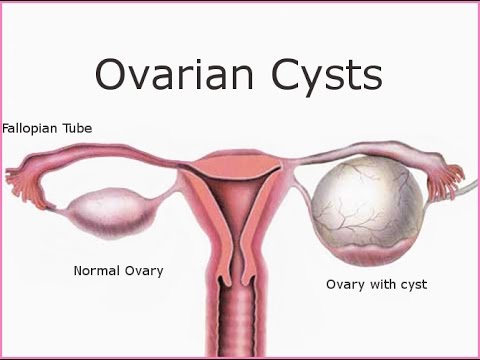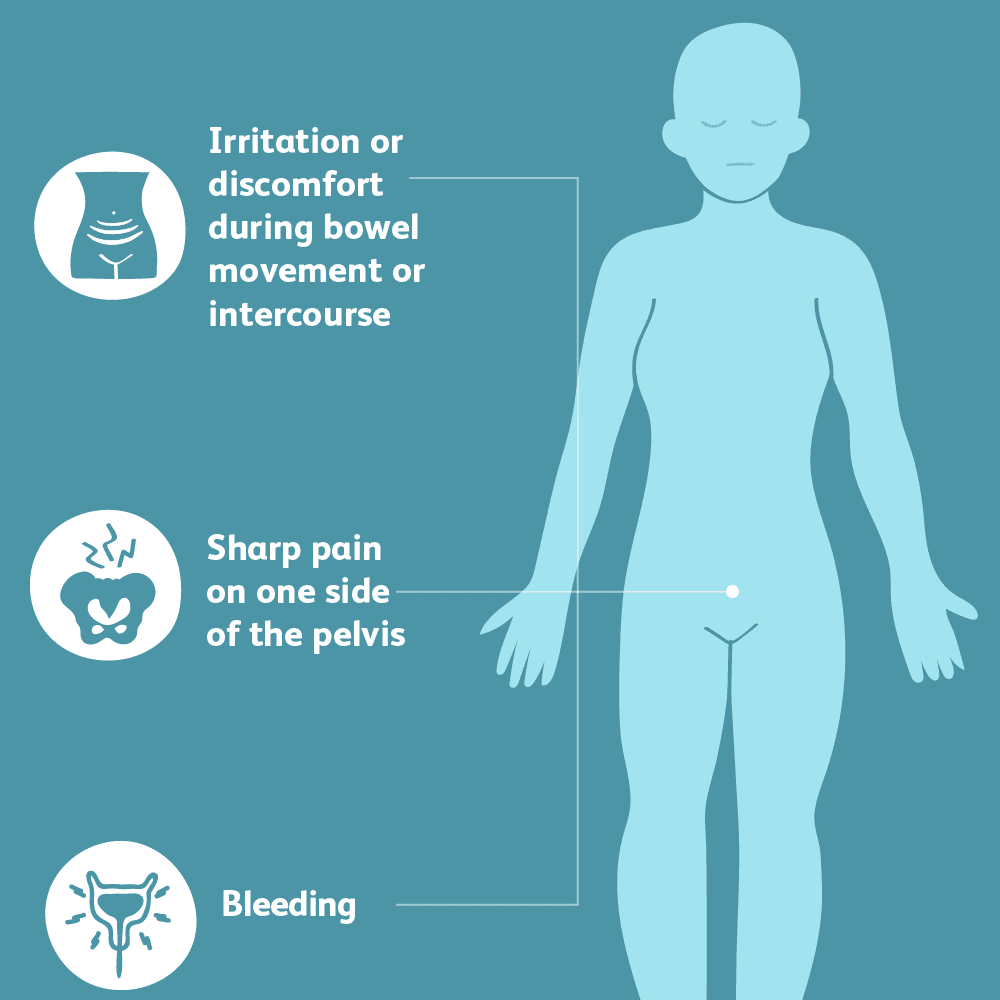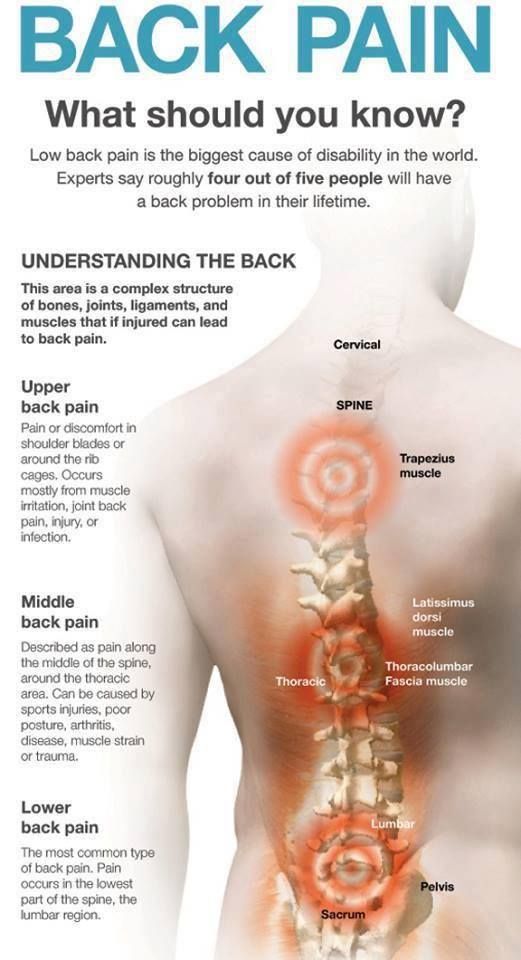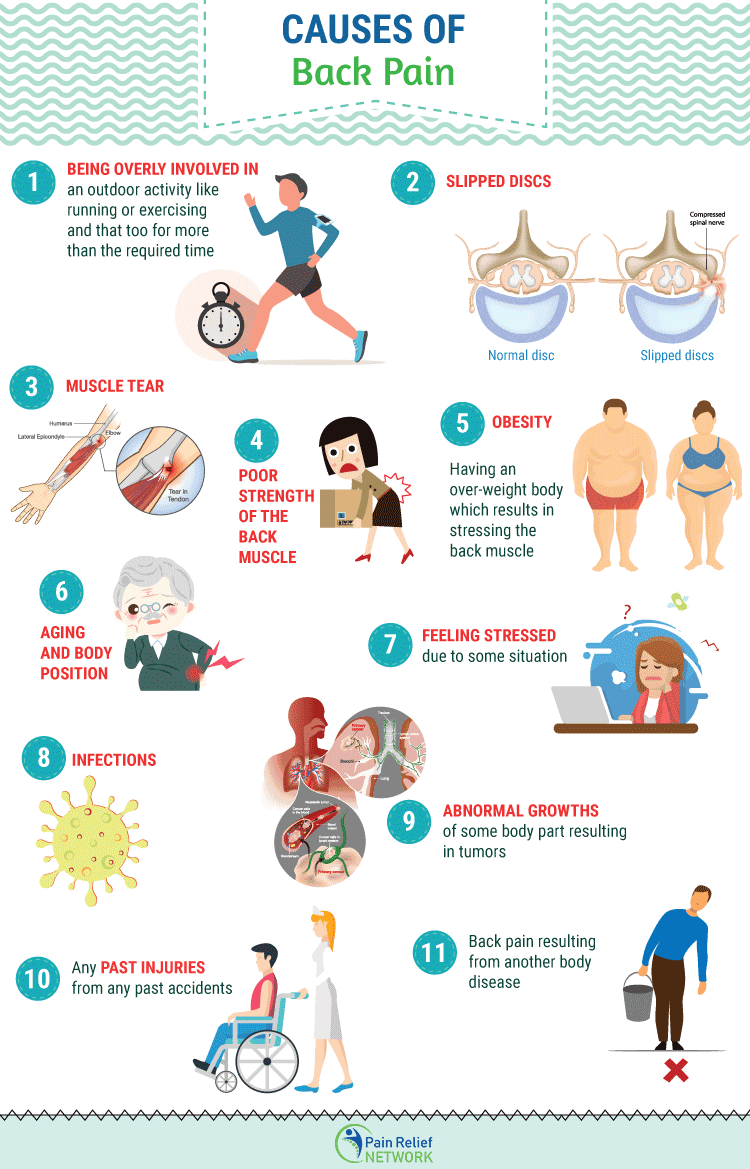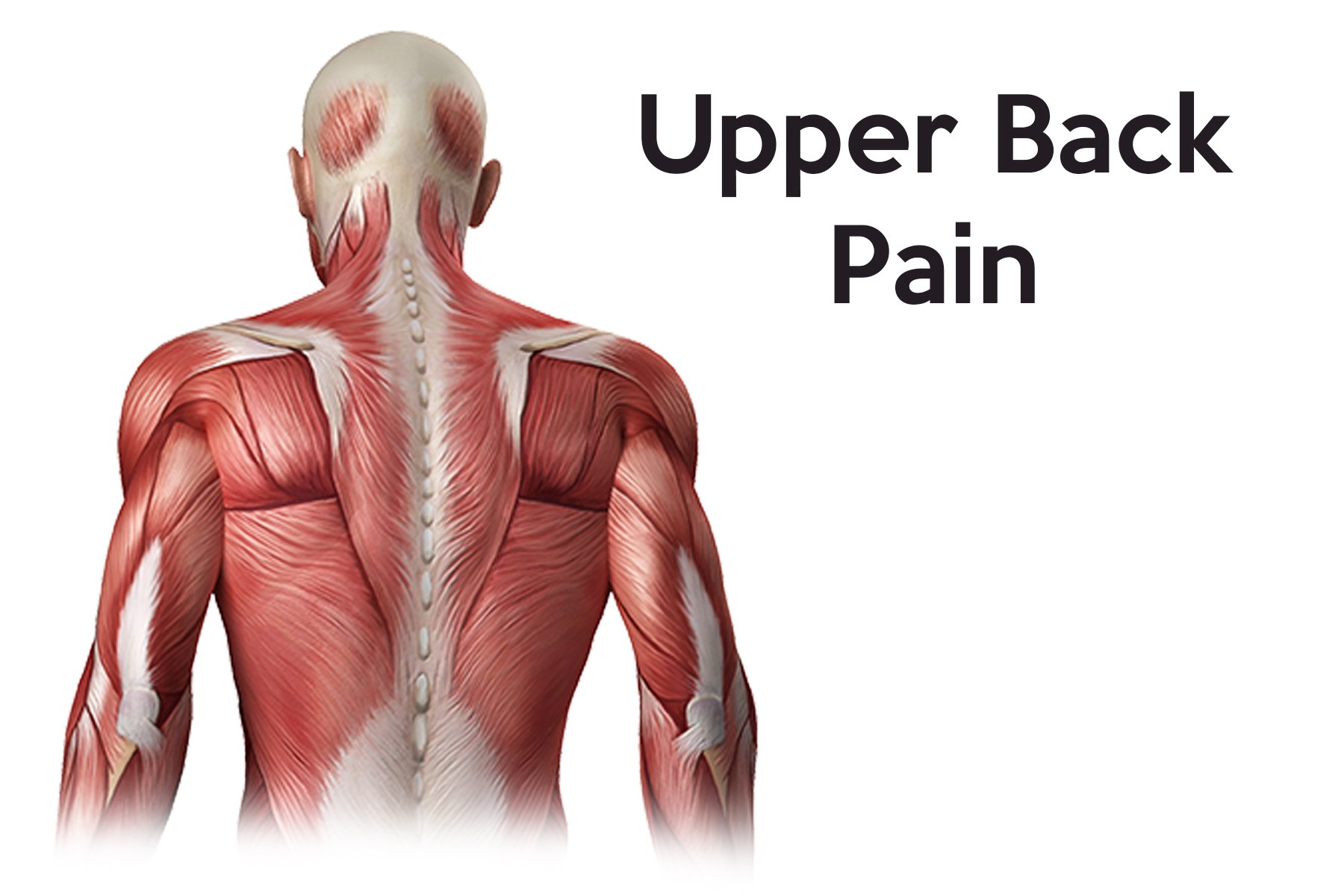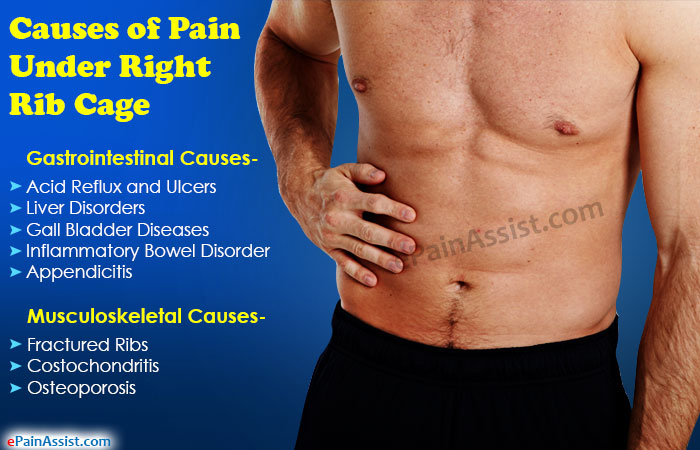What is Sleep Paralysis Caused By – You May Not Sleep Through the Night at Night!
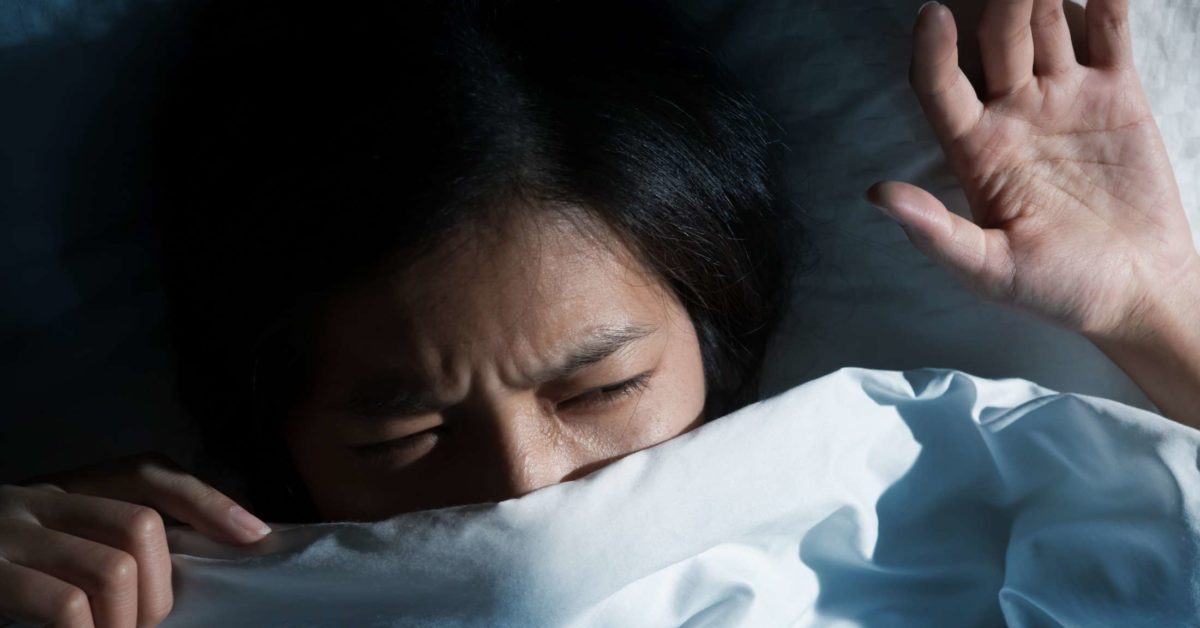
What is sleep paralysis? Sleep paralysis is a condition where a person has no control over their body while they are asleep. It usually occurs at night when you are asleep and suddenly cannot move because you are having difficulty falling asleep. There are different types of sleep paralysis, but all the symptoms are very similar. The most common symptom of sleep paralysis is feeling that you may be about to pass out. It generally occurs after around 5 minutes of falling asleep.
What is sleep paralysis? In general, it is classified as a disorder in which a person may not be in control of their body while sleeping, or may feel like they are falling asleep but are not actually asleep. Sleep paralysis often occurs when a person is in between sleep cycles.
What causes sleep paralysis? Studies have shown that sleep paralysis can be caused by many different problems, such as allergies, stress, lack of exercise, or anxiety. Some people may also experience sleep paralysis because their bodies do not respond properly to certain stimuli.
Sleep paralysis can affect both adults and children. When it occurs in children, it is more likely to occur at night. This is due to the fact that a child is much more likely to fall asleep when he is older than an adult. This is why most children experience sleep paralysis at night when they lie down.
What causes sleep paralysis? Several theories have been put forward to explain the cause of sleep paralysis, but none of them have yet been proven. One theory that is believed to have certain merit is brain disease.
Other scientists believe that sleep paralysis may be one of the possible sleep disorders. Sleep paralysis survivors believe that their bodies did not wake them up during this process. Some studies have shown that sleep paralysis occurs in people with sleep disorders. However, this does not always happen during sleep.
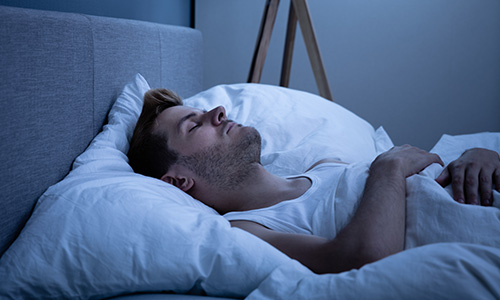
What can be done to treat sleep paralysis? A good approach to sleep for sleep paralysis is to provide the patient with plenty of rest. Try to pick them up and try to go to bed at a reasonable hour so they have the best chance of falling asleep. If they are not getting enough sleep, try persuading them to go to bed at the same time every day for several nights. For more advice on the treatment and prevention of disease, see this source.
Another thing that can be done to treat sleep paralysis is to try to help the person overcome any underlying conditions that may be causing it. Some patients find that sleeping pills work very well. Others believe hypnosis helps. For some it works, but for others it doesn't.
Another effective natural way to treat sleep paralysis is to try and make sure that you eat a healthy diet. Your diet plays a major role in how well you sleep and how well your body is able to relax. Eating foods high in sugar, fatty acids, and other unhealthy foods can make you sleepy during the night time hours. Try to eat a balanced diet and increasing your protein intake so that you will be able to sleep.
What is sleep paralysis caused by? If you are trying to figure out what it is, you will notice that you might experience this problem at random times throughout the night. This is because the brain has a tendency to become confused. Your brain is sending signals all night, but because of all the messages it is sending, it is not getting the information it needs to relax and sleep.
The most common reason that sleep paralysis occurs is because the person is not getting enough sleep. If this is the case, try to make sure that you have a healthy sleep schedule. If you have not had enough sleep lately or are finding that you do not sleep as well as you used to, it may be that you are not getting the proper amount of sleep. Try to make sure that you are getting eight hours of sleep each night.
What is sleep paralysis caused by? If you are trying to determine what is sleep paralysis caused by, you should find that the causes are many and varied and that it is quite possible to sleep through the night with it.
